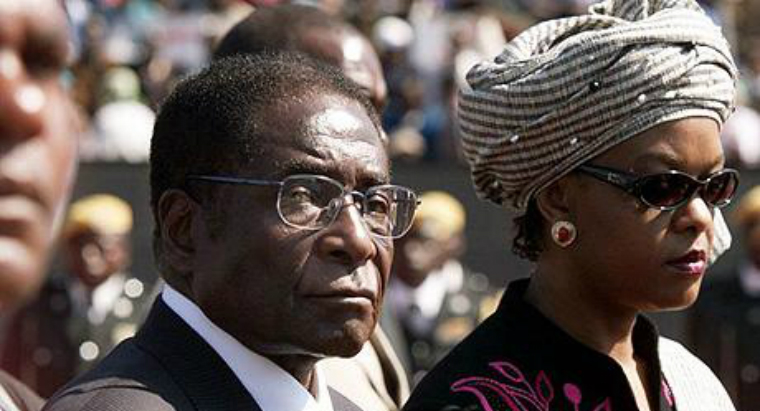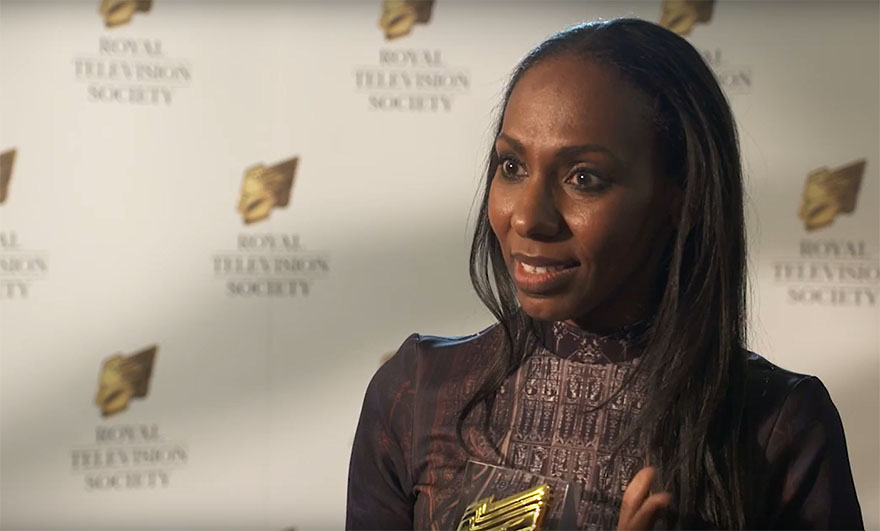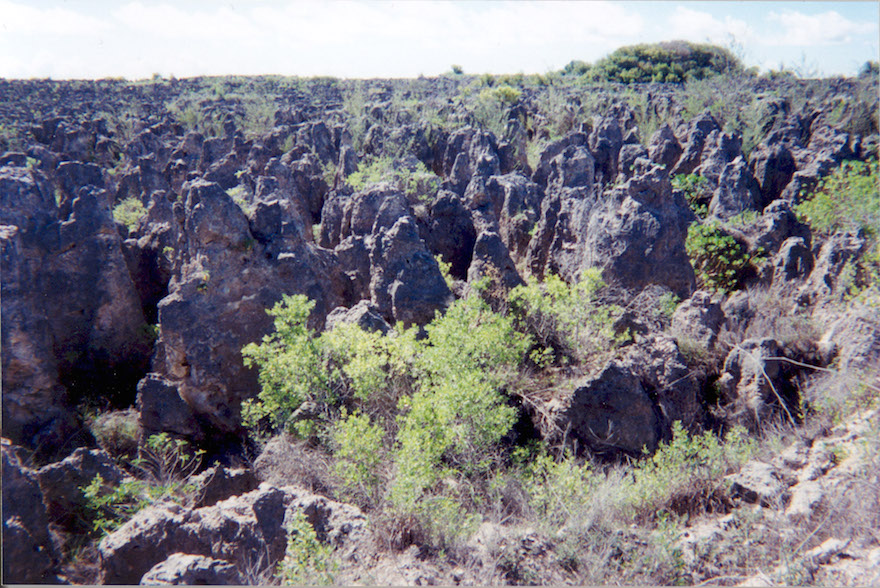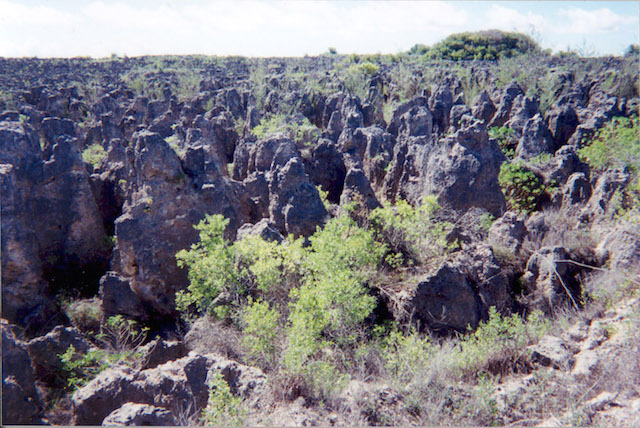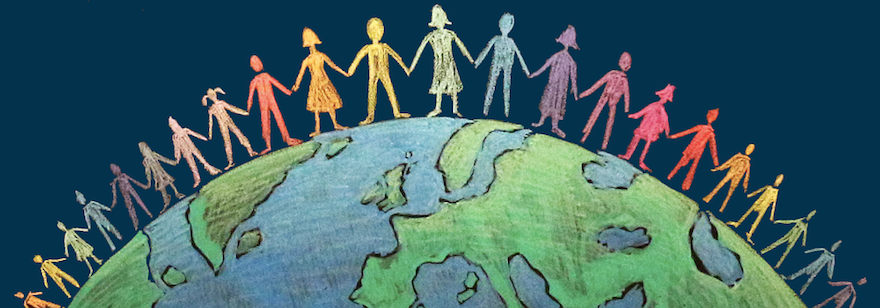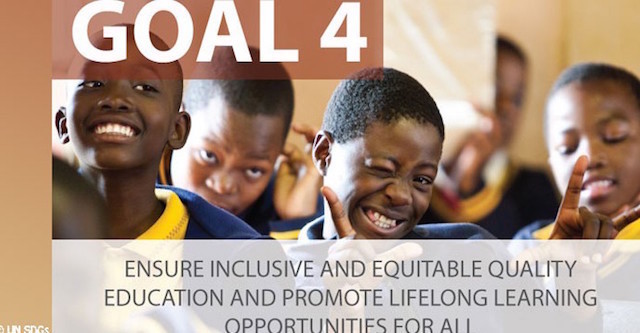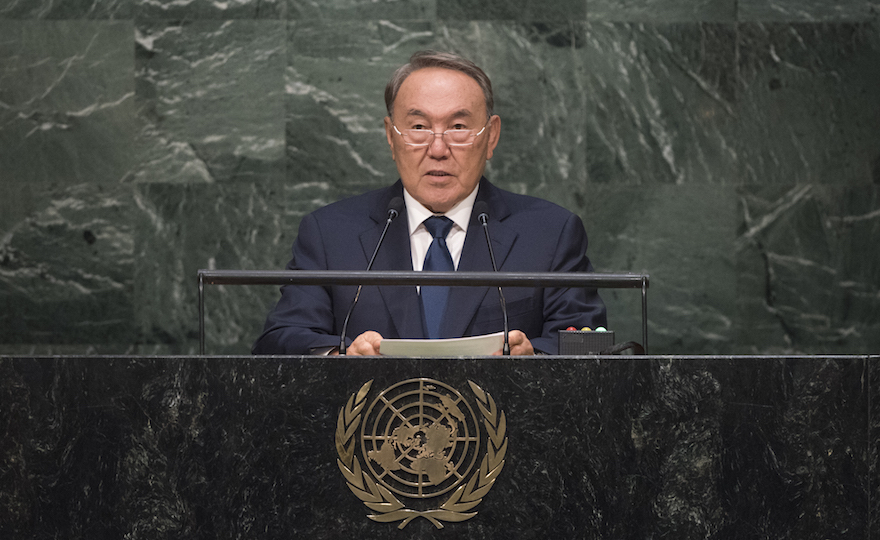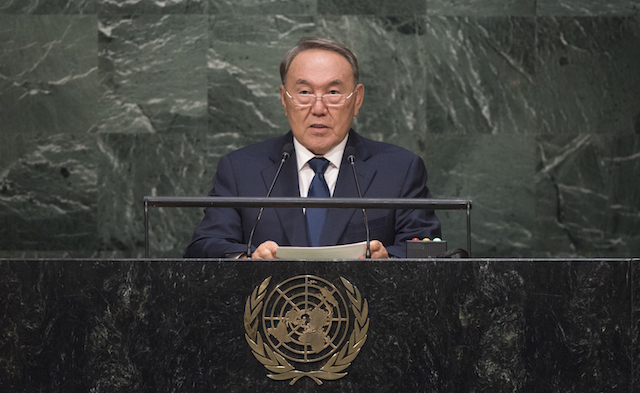NEW YORK | HARARE (INPS | GIN) – Robert Mugabe, the world’s oldest president, turned 92 on February 21 without a clear successor. His wife, Grace, however, is grooming herself for the job but will Zimbabweans favour a family dynasty even as the idea seems to have fallen out of favour in the U.S.?
Political analysts say Mugabe has no clear intention of handing over power, even as the country’s dire economic situation and drought has worsened the plight of a country that has seen four million of its citizens flee to the diaspora.

